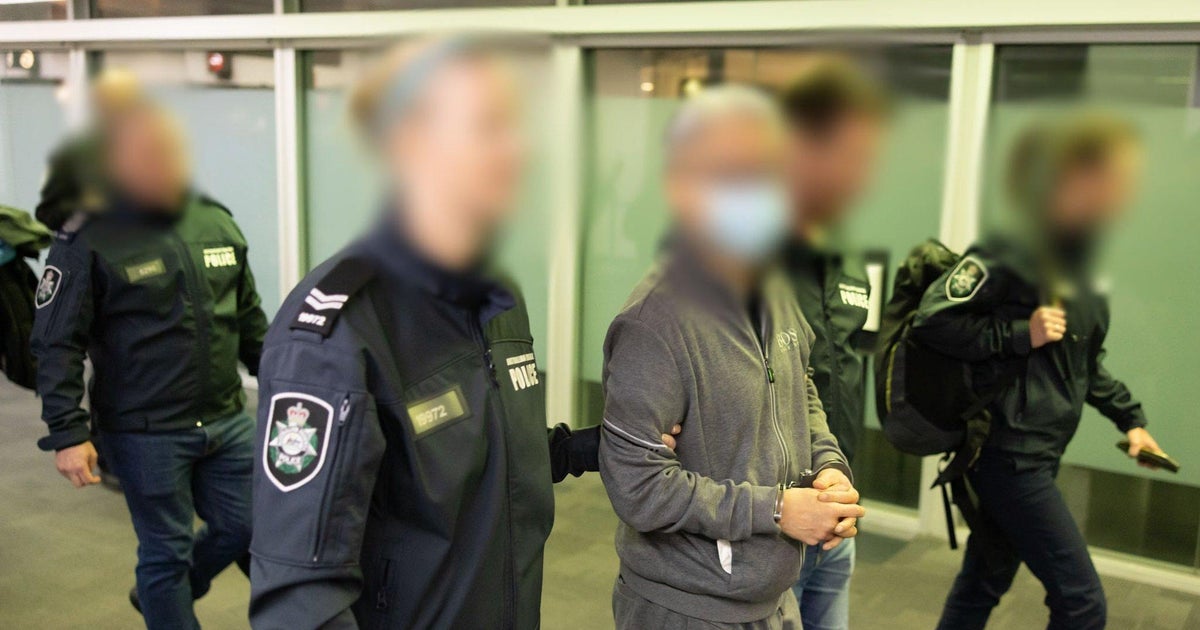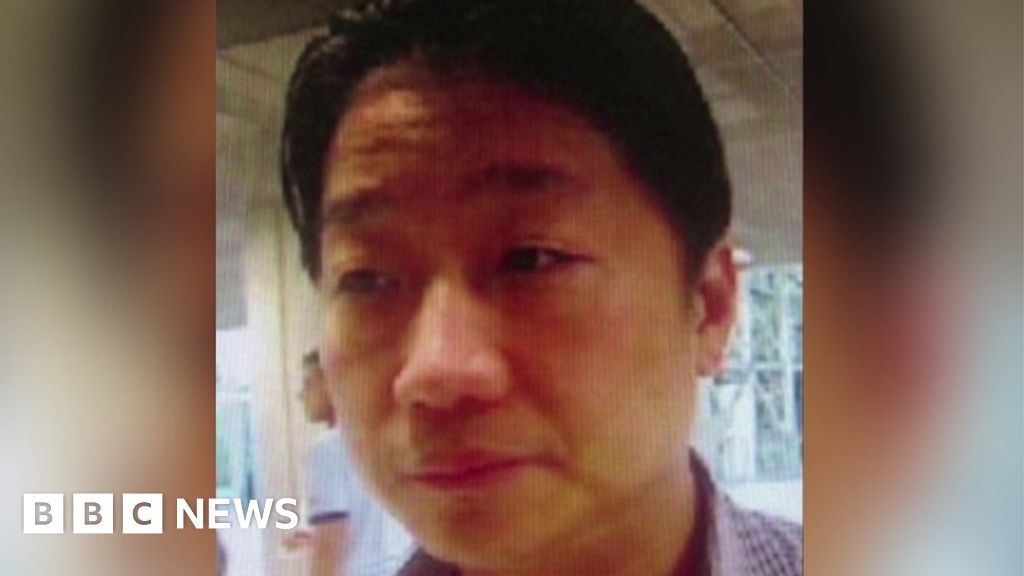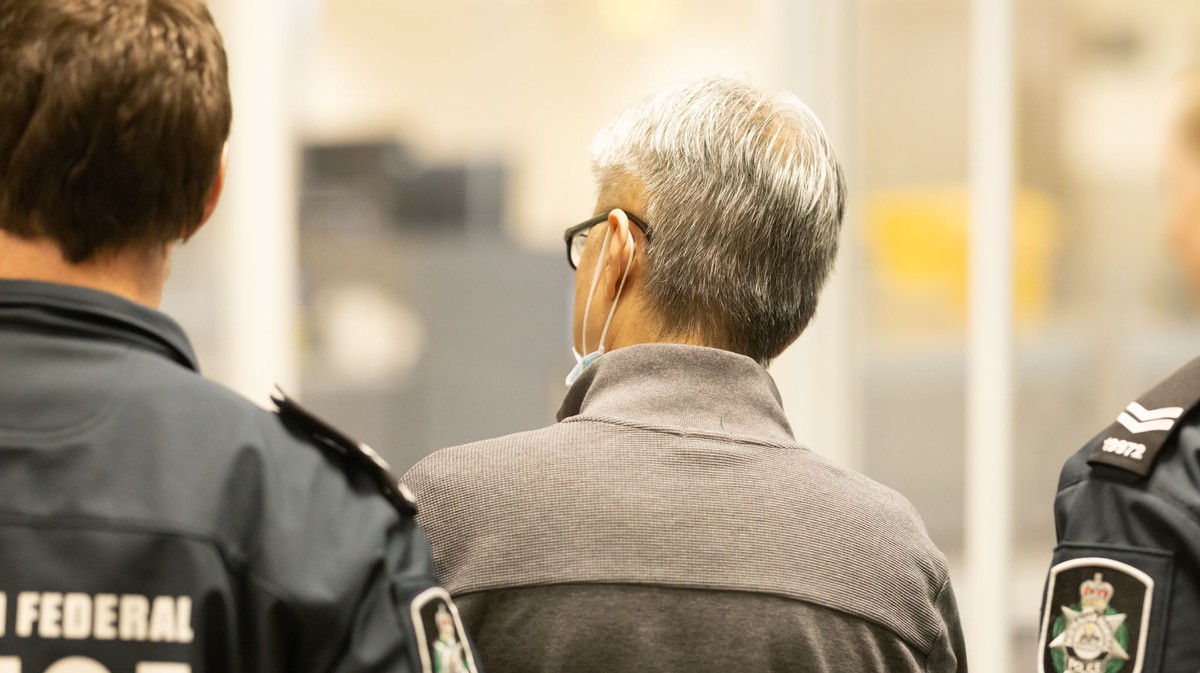The Facts
On Thursday, Australian police said that Tse Chi Lop — Asia's most-wanted meth kingpin — had arrived in Australia to face "conspiracy to traffic commercial quantities of controlled drugs" charges following a legal battle with Dutch authorities.
He will remain in custody until his next court appearance in February 2023. Lop, a Chinese-born Canadian citizen, made no application for bail, but his lawyers say he will contest the charges.
The Spin
Establishment-critical narrative
High-profile transnational organized drug cartels flourish in the Golden Triangle — the border region between Myanmar, Thailand, and Laos — under the control of competing warlords, drug traders, and militias. Tse Chi Lop's arrest is unlikely to affect the drug trafficking business in Southeast Asia until governments effectively implement political solutions to the region's decades-long civil war. It's a tall order, but if they don't, another Tse Chi Lop will soon rise and likely be harder to catch the next time.
Pro-establishment narrative
There's no evidence there are drug kingpins or any significant triad involvement in the drug trade in Southeast Asia. If Tse Chi Lop were Asia’s El Chapo, the high-profile criminal would not have allowed himself to get caught in the public glare. Drug production in the Golden Triangle would have also suffered blows after his arrest. Since none of that happened, reports about drug kingpins and the massive flow of drugs in Southeast Asia are questionable.
/cloudfront-us-east-2.images.arcpublishing.com/reuters/QD7IHBA3OZLIFBHXR74JBORZ6I.jpg)




